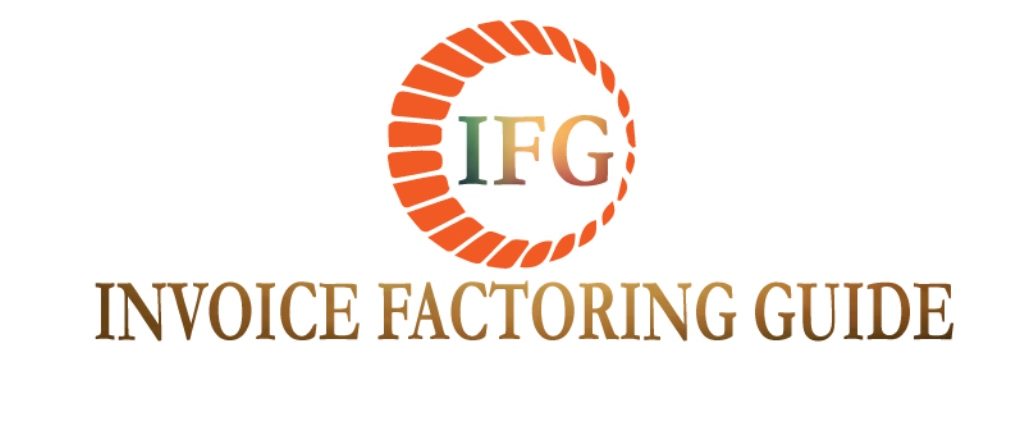 Personal Loans for Business: A Last Resort
Personal Loans for Business: A Last Resort
Borrowing money by individuals is as popular as ever. Lucky for them, credit availability is also at an all-time high. And cutting edge algorithms make the process incredibly easy.
Borrowers have all types of uses for the capital- home improvement projects, paying down higher interest debt and even starting a business. But using personal loans for business purposes should only be pursued after small business funding options have been exhausted.
Personal Loans for Business: Some Pros and Cons
Pros
· Quick Funding
· Many Options (Credit Cards, Home equity line of credit, Student Loans, debt consolidation loans)
· Avoid Sacrificing Equity
· High Acceptance Rates
Cons
· Does Not Build Business Credit
· Can Harm Personal Credit Score
· Expensive (Start Up loans can be very expensive)
· Can Be Personally Liable for Business Defaults
The strategy of using personal loans for business is often explored at the earliest stages of the venture. Common sources of such ‘startup capital’ include your own savings, contributions from family and friends, SBA loans, small business credit cards and a business line of credit.
Many small business owners are afraid to tap personal loans for business as a source of capital. They believe they can be sued for their personal assets, which may be true. While you should always consult an attorney for specific legal advice we will point out that many small business loans will also require personal guarantees from significant owners. In other words, you could still be on the hook, personally, if your encounters business bankruptcy. This is similar to the use of small business credit cards.
 Who Offers Personal Loans for Business?
Who Offers Personal Loans for Business?
A number of well-known banks, offer small loans to qualifying customers including Fifth Third, Seacoast, Bank of America, Sun Trust and the Discover personal loans unit. But an increasing number of scrappy, upstarts have launched their own suite of offerings. Check out how we rated them:
Union Savings Bank (signature loan)
Different Types of Personal Loans
Now that you’ve seen some of the pros and cons, let’s look at the different types of personal loans. While they come in all shapes and sizes, personal loans fall into two main categories-secured and unsecured loans.
Secured Loans
When a loan is considered ‘secured’, it’s backed by some type of asset, known as collateral. Common types of collateral for personal loans include the borrowers home (if they own one), funds in savings accounts or bank CDs (Certificates of Deposits), investments such as stocks and bonds in a brokerage account, vehicles or property.
If the borrower is unable to repay the loan, the creditor can seize the assets that were pledged as collateral to be made whole. Ample collateral relative to the loan provides appeasement for creditors, allowing them to offer personal loans with low rates and high credit amounts.
Today, we see many secured loans with annual percentage rates (APRs) in the 5%-9% range, terms between 6 to 48 months and up to $500,000 in borrowable funds (depending on the collateral base).
Here’s a nice thing about using investments as collateral. Instead of liquidating and using the proceeds to pay off high interest balances, pledging them allows you to lower the rates while allowing for continued appreciation. Of course, if the investments head south, it could affect your collateral base and even mean a reduction in a credit line.
With invoice finance, the loans are secured by the outstanding invoices. Such accounts receivable are used as collateral by the factoring companies and a revolving credit facility is often established. Bluevine and Fundbox provide invoice factoring that facilitates business funding.
Unsecured Loans
Conversely, unsecured loans are extended without collateral backing. Since these are obviously riskier to the lender, they command a higher interest rate.
When there is a strong economy, lenders are more than happy to extend these loans because default rates are relatively low and they enjoy the higher margins of the loan. But at the end of credit cycles, unsecured loans can be a major risk for banks or other lenders.
While some lenders don’t care if you use the personal loan for business purposes other lenders won’t allow borrowers to use proceeds to fund a small business venture. If you decide to pursue this funding type, here’s some more information you should know before starting the process.
Other Factors to Consider
Funding Speed and Charges
In many cases, the process is completely automated and can be originated through a computer or smartphone. The exception is when the loan amount is substantial, especially above $50,000.
Many companies offer funding within 48 hours. Assuming proper documentation, some lenders like Ondeck Capital and Kabbage loans provide next day funding (even same day funding) in some cases. Others like Fundera and Lendio are marketplaces that facilitate loans through partnerships lenders.
But the speed and convenience of such quick business loans comes at a price. Next day funding, whether for personal or online small business loans, can come with APRs north of 20%.
In addition to the interest rate, other charges for personal loans may include closing costs, prepayment penalties and annual fees. Look for lenders who have none of these (a great place to start is our reviews page).
Personal Loans for Debt Consolidation
Debt consolidation loans are all the rage these days, and for good reason. Actually, a trillion reasons- the amount of total credit card debt held by Americans (averaging roughly $8,300 per household).1 This is the primary driver of consolidation loans.
For over-indebted borrowers that can’t access debt consolidation loans, try to reduce interest rates through balance transfer cards. Many borrowers are still willing to absorb the transfer fee, generally around 3% of the amount transferred, for the ability to move the balance to a lower rate card.
Marketplaces with some of the Best Small Personal Loans
You can also shop for personal loans on so-called marketplace sites including Lending Tree, Funding Circle, Quicken Loans, Fundera, Lendio and Lending Club. For more information on the companies mentioned in this article, visit their reviews pages listed below:
1http://fortune.com/2018/12/10/american-household-credit-card-debt/
